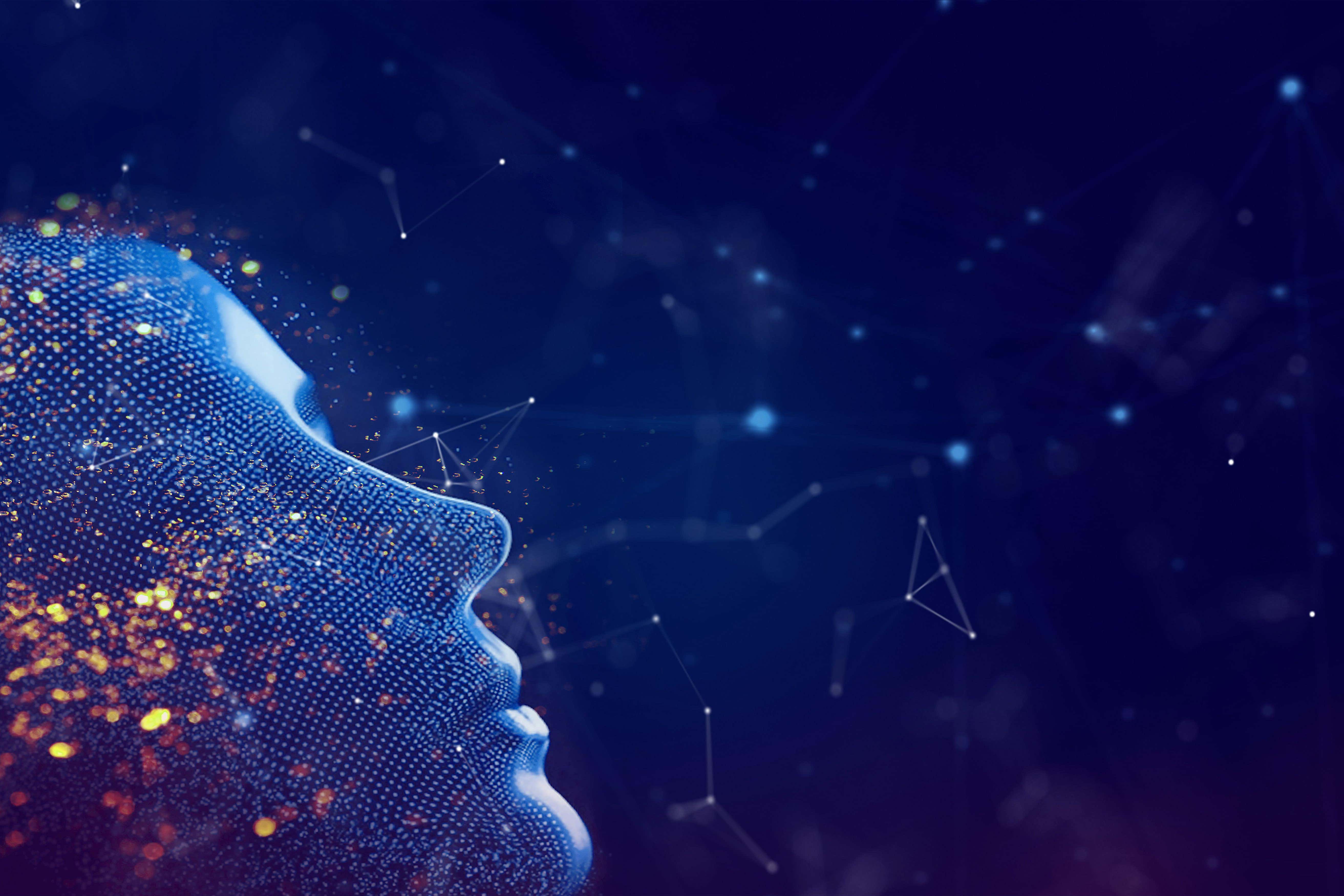Schools ‘bewildered’ by very fast rate of change in AI – education figures
The Prime Minister has said the UK’s regulation must evolve alongside the rapid advance of AI.

Your support helps us to tell the story
From reproductive rights to climate change to Big Tech, The Independent is on the ground when the story is developing. Whether it's investigating the financials of Elon Musk's pro-Trump PAC or producing our latest documentary, 'The A Word', which shines a light on the American women fighting for reproductive rights, we know how important it is to parse out the facts from the messaging.
At such a critical moment in US history, we need reporters on the ground. Your donation allows us to keep sending journalists to speak to both sides of the story.
The Independent is trusted by Americans across the entire political spectrum. And unlike many other quality news outlets, we choose not to lock Americans out of our reporting and analysis with paywalls. We believe quality journalism should be available to everyone, paid for by those who can afford it.
Your support makes all the difference.Schools are “bewildered” by the rate of change in artificial intelligence (AI) and believe it is moving “far too quickly” for government alone to provide the advice that is needed, leading head teachers have warned.
Their comments come after Prime Minister Rishi Sunak said “guardrails” are to be put in place to maximise the benefits of AI while minimising the risks to society.
Mr Sunak said the UK’s regulation must evolve alongside the rapid advance of AI, with threats including to jobs and disinformation.
A letter to The Times, signed by more than 60 education figures, says: “Schools are bewildered by the very fast rate of change in AI, and seek secure guidance and counsel on the best way forward. But whose advice can we trust?
The truth is that AI is moving far too quickly for government or Parliament alone to provide the real time advice that schools need
“We have no confidence that the large digital companies will be capable of regulating themselves in the interests of students, staff and schools.
“Neither in the past has government shown itself capable or willing to do so.”
The heads said they are pleased that the Government is now “grasping the nettle” but added: “The truth is that AI is moving far too quickly for government or Parliament alone to provide the real-time advice that schools need.
“We are announcing today our own cross-sector body composed of leading teachers in our schools, guided by a panel of independent digital and AI experts, to advise schools on which AI developments are likely to be beneficial, and which are damaging.”
According to The Times, the heads, led by Sir Anthony Seldon, the headteacher of Epsom College, said schools “must collaborate to ensure that AI works in their best interests and that of pupils, not of large education technology companies”.
Mr Sunak has advocated the technology’s benefits for national security and the economy, but growing concerns have been raised with the prominence of the ChatGPT bot – which has passed exams and can compose prose.
Former government chief scientific adviser Sir Patrick Vallance has said AI could have an impact on jobs comparable with the industrial revolution.
Earlier this month Geoffrey Hinton, the man widely seen as the godfather of AI, warned that some of the dangers of AI chatbots are “quite scary”, as he quit his job at Google.
Last week one of the pioneers of AI warned the Government is not safeguarding against the dangers posed by future super-intelligent machines.
Professor Stuart Russell told The Times ministers were favouring a light touch on the burgeoning AI industry, despite warnings from civil servants it could create an existential threat.
He told The Times a system similar to ChatGPT could form part of a super-intelligence machine which could not be controlled.
“How do you maintain power over entities more powerful than you – forever?” he asked. “If you don’t have an answer, then stop doing the research. It’s as simple as that.
“The stakes couldn’t be higher: if we don’t control our own civilisation, we have no say in whether we continue to exist.”